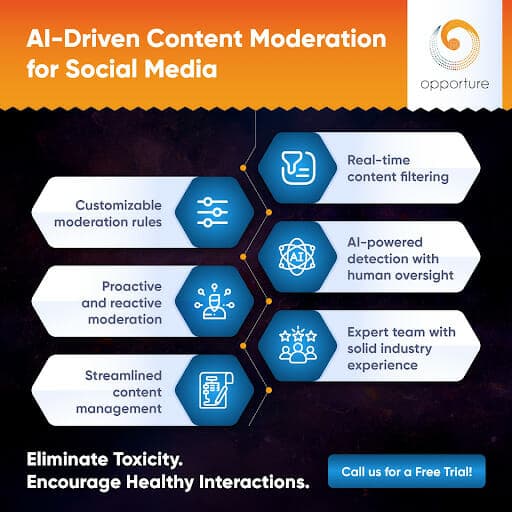Social Media Grapples with Escalating Online Hate and Incitement to Violence

Social media platforms are facing renewed scrutiny over their content moderation policies following a recent tweet by user "anarki" that advocated violence against children and contained racist stereotypes. The post, which stated, "> perhaps credible threats of violence against children can be a good thing. i’m just saying, chinese parents obviously cook 🤣," has ignited concerns about the proliferation of harmful content online and the effectiveness of current safeguards.
The tweet's content directly challenges established social media policies designed to combat incitement to violence and hate speech. Major platforms, including Meta (Facebook, Instagram) and TikTok, explicitly prohibit content that promotes violence, violent threats, or hate speech targeting individuals or groups based on characteristics such as race or ethnicity. Despite these policies, a significant gap often exists between stated commitments and their enforcement.
Experts highlight that online hate speech can foster discrimination and hostility, potentially facilitating real-world violent acts. Research indicates that social media algorithms, often prioritizing engagement for profit, can inadvertently amplify violent, inciting, and anger-provoking content. This algorithmic amplification contributes to repeated exposure to violence, which is known to have a desensitizing effect, particularly on younger users.
The "online disinhibition effect" further exacerbates the issue, as users feel less accountable and more comfortable expressing hostile views online than they would in offline interactions. This environment allows for the rapid spread of problematic content, making it challenging for platforms to monitor and remove every instance. The UN has emphasized that hate speech, especially when it constitutes incitement to discrimination and violence, is not merely a concern for individual platforms but a broader societal threat.
While social media companies strive to balance free speech with user safety, the incident underscores the ongoing battle against online extremism and the urgent need for more robust content moderation mechanisms. Critics argue that platforms must enhance their efforts to prevent such harmful content from appearing and spreading, given its potential for real-world consequences and its detrimental impact on user well-being and public discourse.